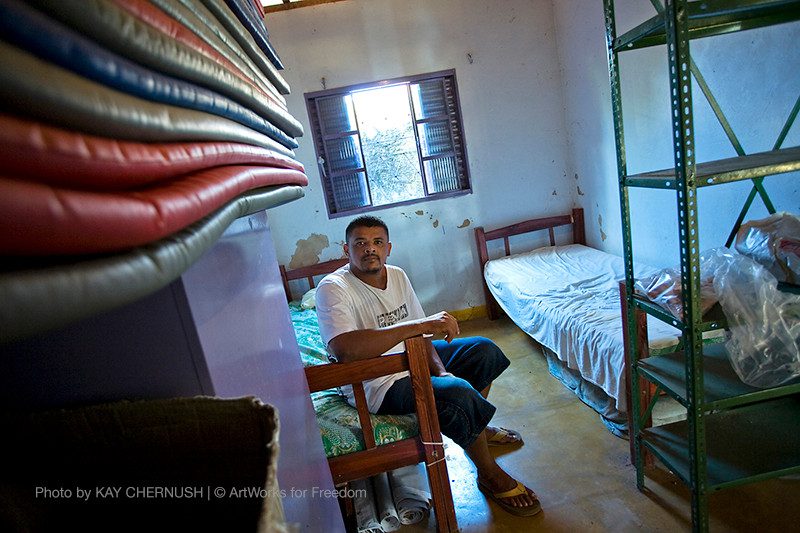Improving State Trafficking Laws

The Trafficking and Victims Protection Act (“TVPA”) and its subsequent reauthorizations provide the United States government with the federal framework to regulate anti-trafficking policy and trafficking victim service provisions. However, there are also state laws in place to address human trafficking. Currently all 50 states have laws criminalizing human trafficking. Yet this is a new development, because as recently as 2004, only four states had human trafficking laws. The tipping point came in 2011-2012 when 28 states passed human trafficking laws. While all states now have anti-trafficking laws, some states nominally address labor trafficking and still others prioritize sex trafficking of minors and as such need to be augmented.
What is needed now in anti-trafficking laws at the state level are improvements to the existing laws to fill in the gaps in law and protection so that states can effectively hold traffickers accountable and provide necessary support for victims. Luckily, in 2013, the Uniform Law Commission (ULC) approved the Uniform Act on Prevention of and Remedies for Human Trafficking (Uniform Act). The Uniform Act helps to guide state legislatures when drafting future legislation to combat human trafficking in the United States. States are urged to adopt the Uniform Act itself as it helps to create uniformity in state anti-trafficking policy. The Uniform Act has been substantially enacted in six states, and many states have enacted specific provisions as well.
In their findings the ULC came up with several best practice themes that should be incorporated as provisions in good state trafficking laws. These include:
- Addressing and criminalizing labor and sex trafficking. All sound trafficking legislation defines both sex and labor trafficking as criminal acts. Statutes should include provisions on forced labor and debt bondage.
- Addressing and criminalizing trafficking acts perpetrated against children and adults. A few state statutes still only address child trafficking victims. State statutes should criminalize trafficking of adult victims as well.
- Establishing “safe harbor” for sexually exploited children under age of 18. Safe harbor statutes recognize children as victims and as such grant them immunity from prosecution or diversion into juvenile delinquency proceedings. Carefully-crafted safe harbour legislation enables sexually exploited children to access appropriate child welfare services.
- Establishing victim restitution. Human trafficking victims should be able to receive compensation for the crime perpetrated against them by their traffickers. Restitution laws are important as they provide guidance on restitution amounts and procedures.
- Providing mechanisms for victims to vacate and remove from their records unjust convictions for prostitution and other non-violent offences they were forced to commit as a result of being trafficked. Frequently, trafficking victims are compelled to commit crimes by their trafficker, such as theft, and have received convictions for such crime. It is vital that state laws recognize the coercion and compulsion victims experienced when committing such crimes and give them the opportunity to remove corresponding penalties from their records so that they may fully rehabilitate into society.
For more information about where how your state ranks, you can also turn to websites by Polaris Project and Shared Hope International. Both organizations have comprehensive ranking and evaluations of existing anti-trafficking laws.
Ashley Feasley is the Director of Advocacy at the Catholic Legal Immigration Network, CLINIC.
(Photo Credit: Kay Chernush)
